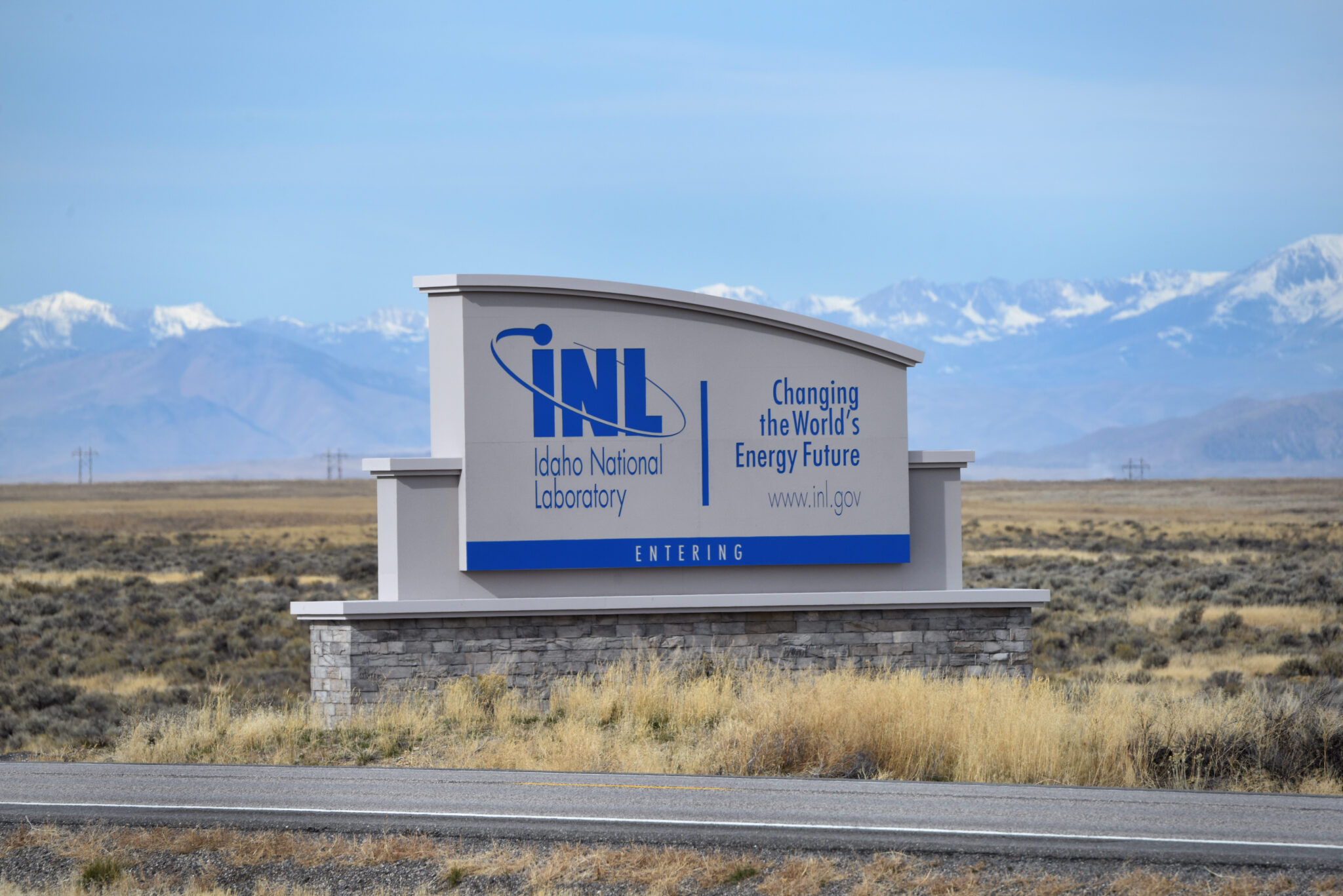

The Idaho National Laboratory and the U.S. Department of Homeland Security have updated their five-year agreement for cybersecurity work provided by the Idaho-based lab, U.S. Sen. Jim Risch announced Wednesday.
Risch, R-Idaho, said he worked with Department of Homeland Security Secretary Kristi Noem to secure the updated agreement.
“INL is the flagship laboratory for cybersecurity and is central to our national security,” Risch said in a written statement. “The valuable research and innovation at INL lays the groundwork for fortifying our nation’s electric grid and control systems to mitigate emerging cybersecurity threats. I am proud to have worked with Secretary Noem to ensure the critical cybersecurity efforts at INL continue at full force.”
Based in Eastern Idaho, Idaho National Laboratory is one of 17 U.S. Department of Energy national labs.
“We sincerely appreciate the support we’ve received from Sen. Risch for our critical national security mission,” INL Associate Laboratory Director Zach Tudor said in a written statement. “This new contract will allow our staff to continue the significant cybersecurity support we provide to the U.S. Department of Homeland Security in areas including cybersecurity incident response, vulnerability identification and disclosure, hands-on training for state and local responders and utilities, software security and supply-chain analysis, among other programs.”
INL employs or contracts with about 6,500 employees. Idaho National Laboratory includes a research and education campus in Idaho Falls as well as a vast 890-acre research complex located in the desert west of Idaho Falls that is commonly referred to as “the site.”
Idaho National Laboratory operates four nuclear reactors and is known for its nuclear energy research, as well as its work on cybersecurity, AI, homeland security and defense.
Idaho’s research role in cybersecurity mission
Marty Edwards, who headed up the cybersecurity program at Idaho National Laboratory as the director of the Industrial Control Systems Cyber Emergency Response Team, or ICS-CERT, said teams of Idaho researchers play a critical, front-line role defending against cyberattacks.
“They do things like finding security weaknesses in the computer systems that control our critical infrastructure, things like power grids and pipelines and manufacturing plants,” Edwards said in a phone interview Thursday.
Edwards worked at Idaho National Laboratory from 2006 to 2017, both as a lab employee and a Department of Homeland Security federal employee.
More than 100 people at Idaho National Laboratory worked on cybersecurity at the lab.
Although INL is known widely for its nuclear energy research, Edwards said cybersecurity fits perfectly into INL’s mission. Edwards said INL researchers who designed, built and tested nuclear reactors have a tremendous amount of knowledge about how critical infrastructure works. After the Sept. 11, 2001, terrorist attacks, Edwards said the U.S. government focused on leveraging that knowledge and expertise in Idaho to focus on cybersecurity.
INL’s cybersecurity work has also involved training other people who work in critical infrastructure to make their systems more resilient to cyberattacks, Edwards said.
After moving on from INL and Department of Homeland Security, Edwards returned to the private sector to work for a cybersecurity firm and has his own consulting company.
After 75-year history, Idaho National Laboratory looks to future projects
Idaho National Laboratory celebrated its 75th anniversary last year and is in the middle of growing and ramping up operations. INL is in the process of permitting and building its first new nuclear reactors in 50 years, the Idaho Capital Sun previously reported.
State officials and Department of Energy officials also recently announced a waiver to a 1995 settlement agreement that allows for the shipment of spent nuclear fuel into Idaho for the purpose of conducting research at INL. The waiver was necessary because the settlement agreement limited shipments of spent nuclear fuel into Idaho to prevent the state from becoming the country’s dumping ground for spent nuclear fuel.
One of the largest employers in the state, INL has grown from about 3,750 employees in 2017 to about 6,500 today, the Sun previously reported.
YOU MAKE OUR WORK POSSIBLE.


